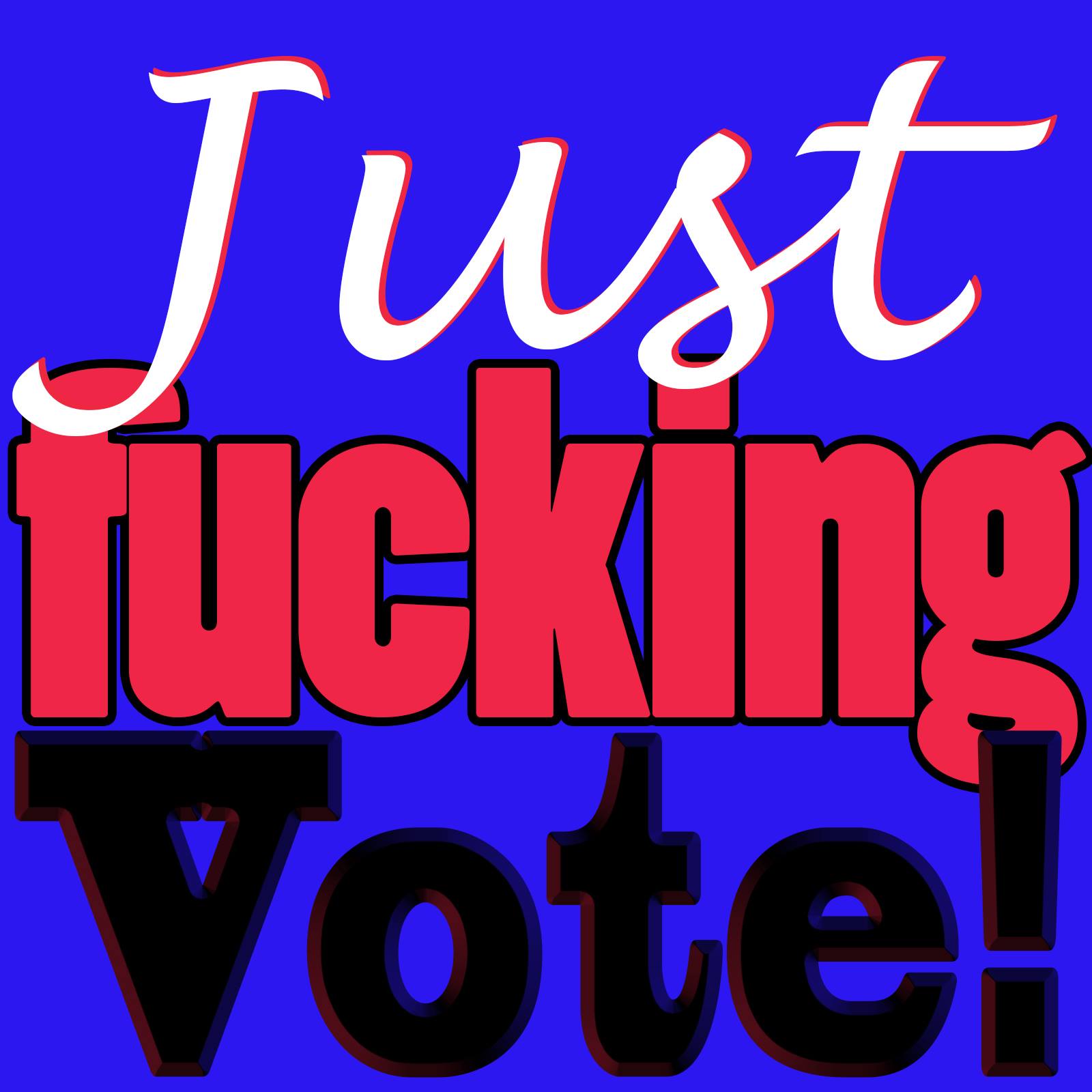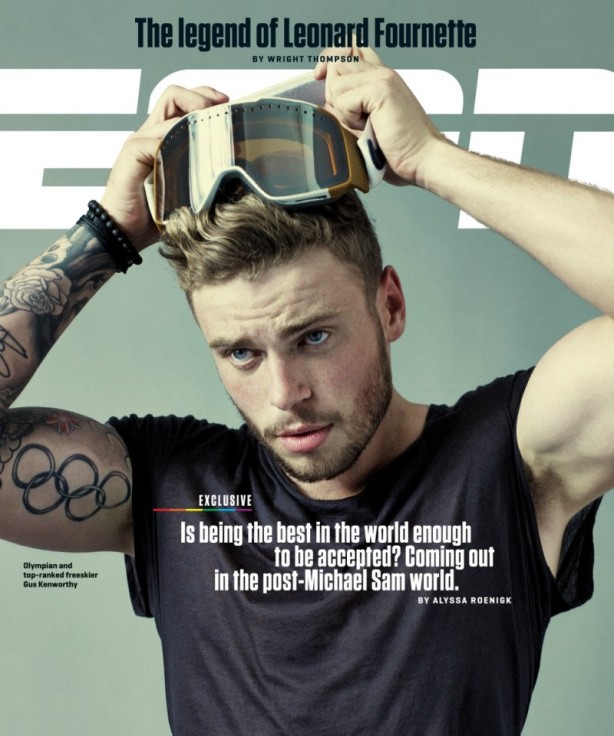I haven’t found the heart to update this blog with the genocide that has been happening in Palestine and still having to go about daily life in a country that is complicit. I had been frustrated with the action sports world remaining relatively silent. Granted, politics are a touchy subject for sponsored athletes, and it turns out I was looking in the wrong place. Beyond the contest scene and big brands are organizations, media, and individuals highlighting the years-long struggle of Palestinian surfers and skaters.
Explore Corps founded the Gaza Surf Club in 2008, and that same year, the documentary God Went Surfing With The Devil highlighted the struggles to just get surfboards into the blocked-off area. Eight years later, a film that centered the voices of Palestinian surfers themselves, Gaza Surf Club. One noteworthy aspect of this documentary is the inclusion of female surfers, and although the male surfers espouse sexist attitudes, this is visual evidence that Palestine is not the oppressive place that Zionists are trying have us believe it is. You can rent Gaza Surf Club on Vimeo.
Last November, Australian surf culture site The Section published a letter, Surfers in Solidarity with Palestine, which condemns the genocide in Gaza and calls for a ceasefire. The Instagram accounts, surfequity and surfyonder, boosted the letter and have continued to post in support of Palestine. Their founders are among the initial signatories of the letter, which also includes Lee-Ann Curren (yes, she’s Tom Curren’s daughter) and Saad Abid. Another notable name on the list is the legendary Tom Carroll, who previously led some of his fellow pros in boycotting South Africa during the apartheid.
(more…)



